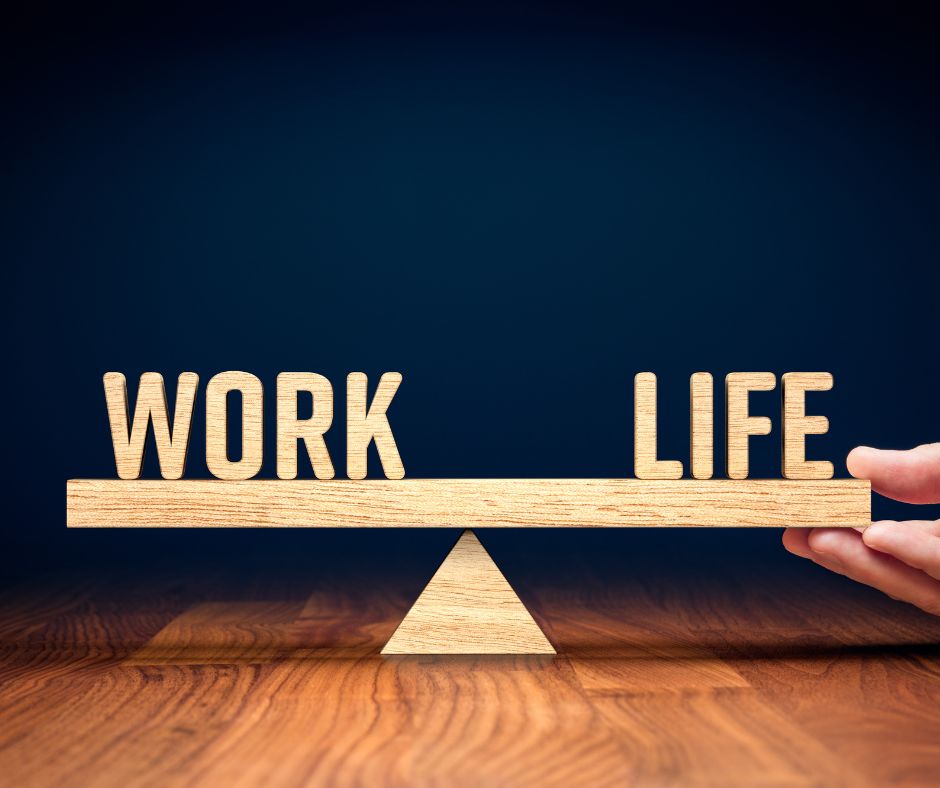People have different values and priorities, so their approach to work may vary. Some people may feel a strong sense of purpose and fulfillment from their work and prioritize it over other aspects of their lives. They may think that their work is essential to their identity, and they live to work.
On the other hand, some people see work as a means to an end and prioritize different aspects of their lives, such as family, friends, hobbies, or personal development. They work to live and may see their job supporting their desired lifestyle.
Ultimately, this question has no right or wrong answer, as it depends on an individual’s priorities and values. What’s important is that people find a balance between their work and personal life that works for them and allows them to lead fulfilling lives.
Do You Live to Work?
The person who lives to work tends to love their job so much that they cannot find a happy medium between their professional and personal life.
Surprisingly, the goal of living to work is not always about having more money but rather a response to an inner drive. The motivation could be positive — a passionate love for the work or vocation. It also can be harmful, as when a person covers feelings of inadequacy or loneliness by putting in long hours on the job.
Do You Work to Live?
People who fall into this category make it a priority to enjoy life. Once they leave work for the day, they focus on their home life or personal life. For them, having less money because they decline to work overtime or take a promotion is worth it because of the happy medium it creates. They make enough money to meet their financial obligations and even save a little, which suits them just fine.
Why We Need Work-Life Balance
Would it surprise you that:
- 94% of service professionals in the U.S. spend over 50 hours working per
- 72% of people consider work-life balance when job-searching or
- 48% of Americans consider themselves to be workaholics?
Work-life integration allows people to integrate work, family responsibilities, health and well-being, and community into each day.
Work-life balance is the harmony between one’s work responsibilities and personal life, including family, hobbies, and leisure activities. It involves managing and prioritizing work and personal life demands without infringing on each other. A good work-life balance helps individuals maintain physical and emotional well-being, reduce stress, and increase productivity and job satisfaction. The specific balance achieved may vary from person to person and evolve as circumstances and priorities change.
Timothy Dimoff Has a Talk on Work-Life Success
“Trying to find that Work-Life Balance, we often forget it REALLY starts with having a passion for where and what you do at work! There is nothing better than waking up and being EXCITED about where you are working and what your role is,” Tim Dimoff reminds us.
Contact Tim to schedule his Talk, Personal and Professional Success.


